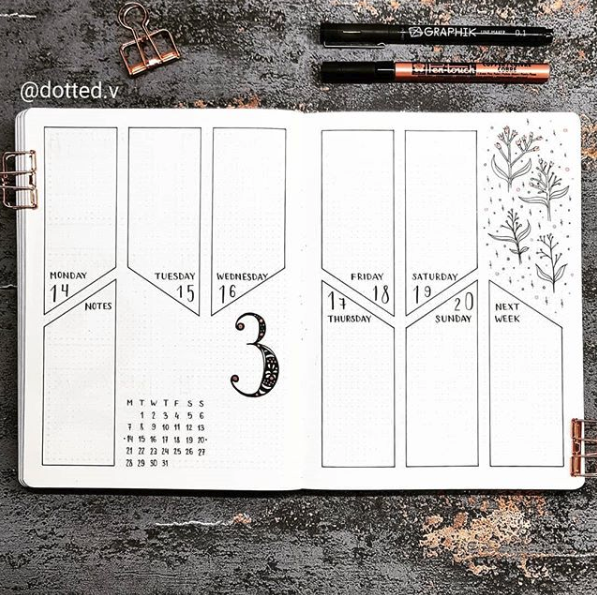1.
Bullet journaling is really great for anyone who likes setting goals, wants to keep copious to-do lists, or has a pretty, blank notebook that they want to get some real, practical use out of, among many other things. Getting started on one, though, isn't as easy as buying a nice journal and a Good Pen.
There's a huge (read: overwhelming) amount of online communities dedicated to ideas for spreads and designs — enough that, regardless of your artistic abilities, it can make you want to shove your brand-new dot-grid notebook onto your shelf for a good few months. But you don't have to start out on level 10; in fact, learning the basics is really great, because you'll continue to incorporate those into your bujo years into having one. Here are some tips that'll help you actually get started and learn how to keep a bullet journal that works for you:
2. Decide what you want to get out of it, at least for your first few weeks or months.

3. Be kind to yourself about your handwriting or artistic skills (or lack thereof).
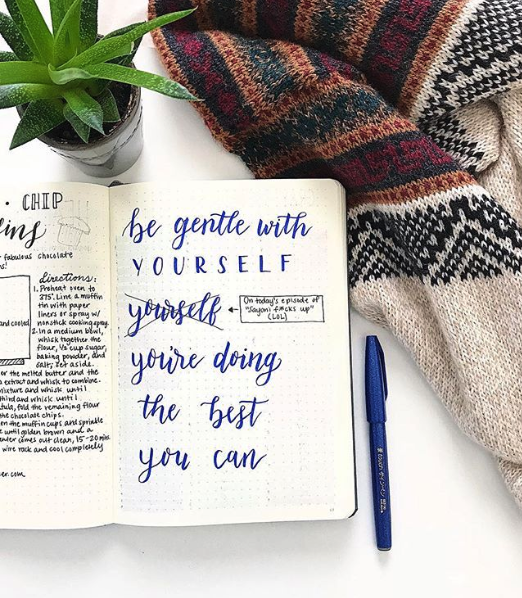
4. On that note, feel free to sketch out whatever you're trying to make in pencil before inking it all in.
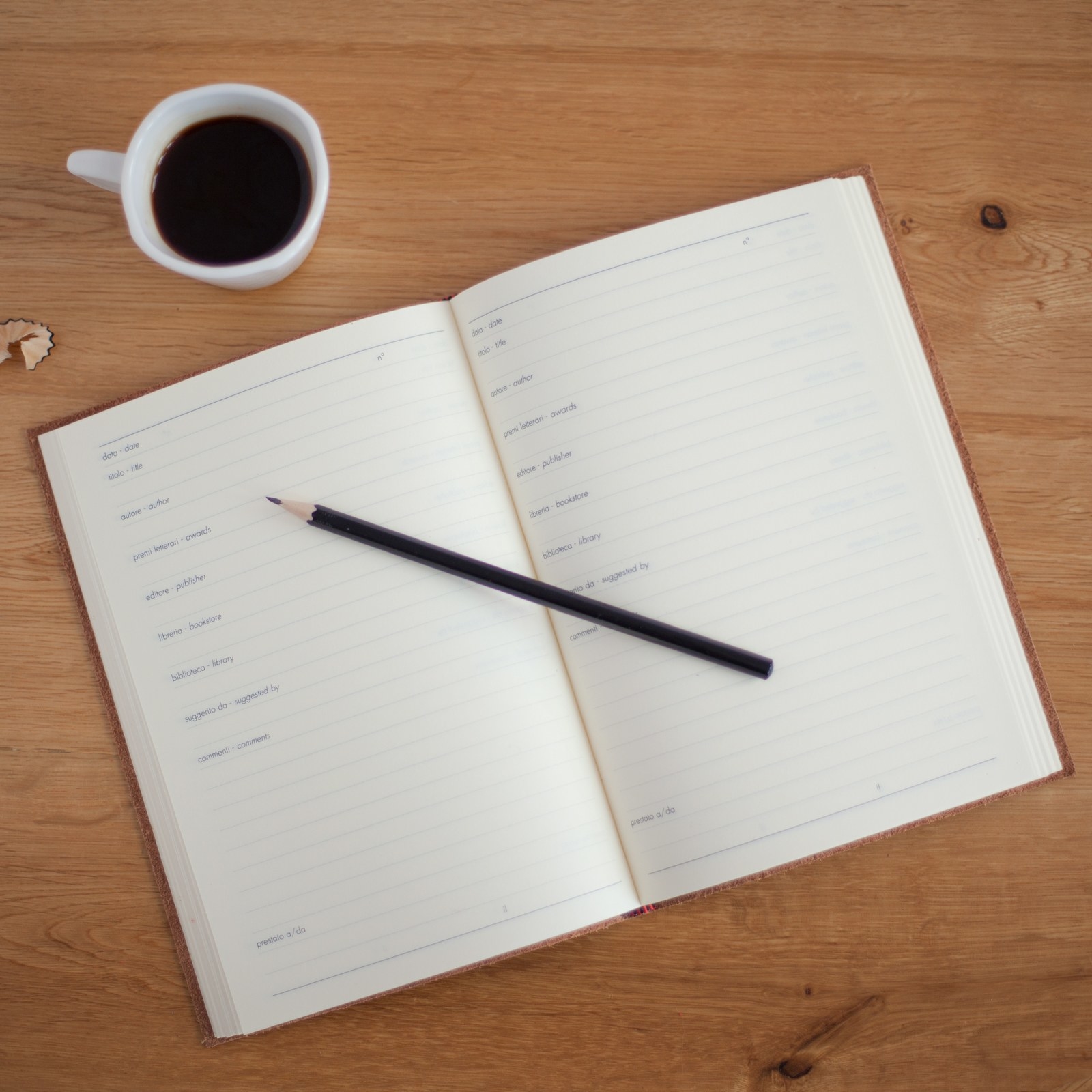
5. Don’t go ape shit with pens and markers and washi tape.
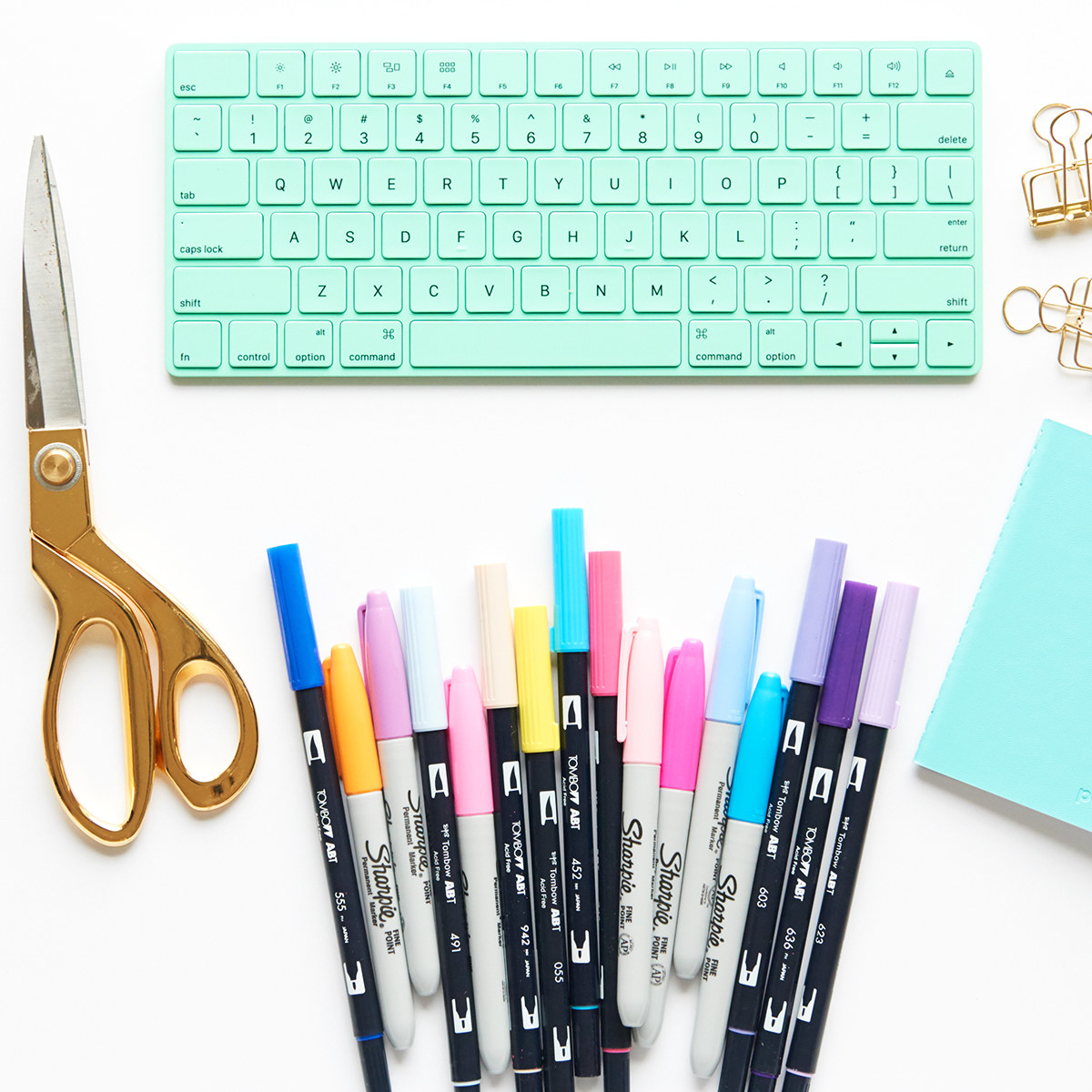
6. Make friends with large sticky notes!
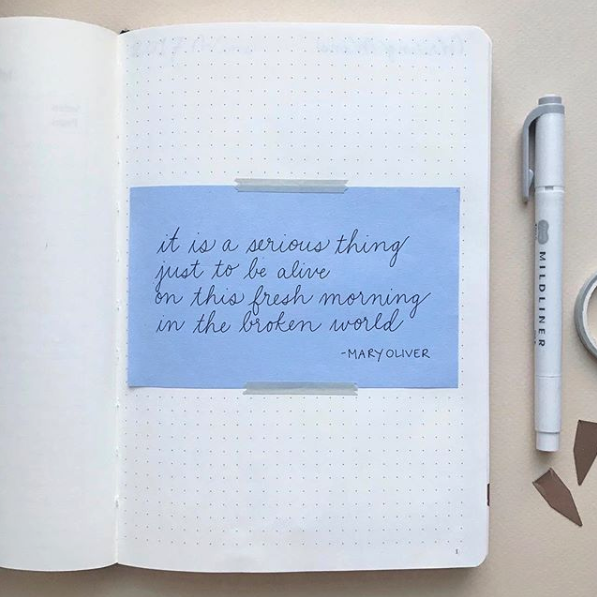
7. Pick a notebook that works best for you.
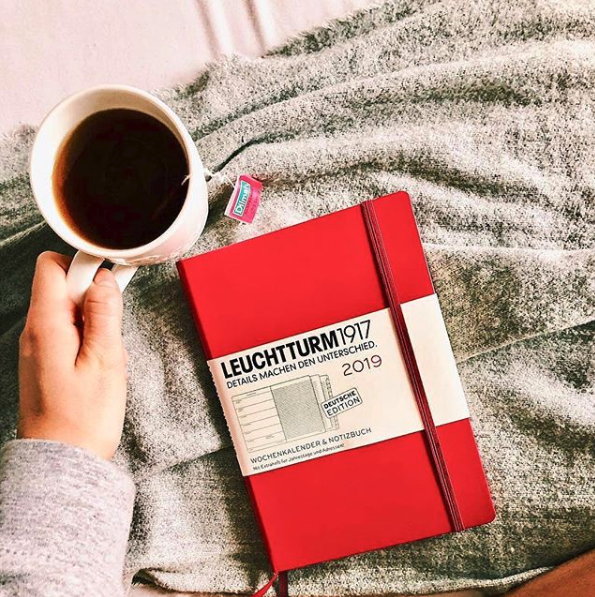
8. If you’re feeling intimidated by that first blank page, start with a simple index, then a symbol key.
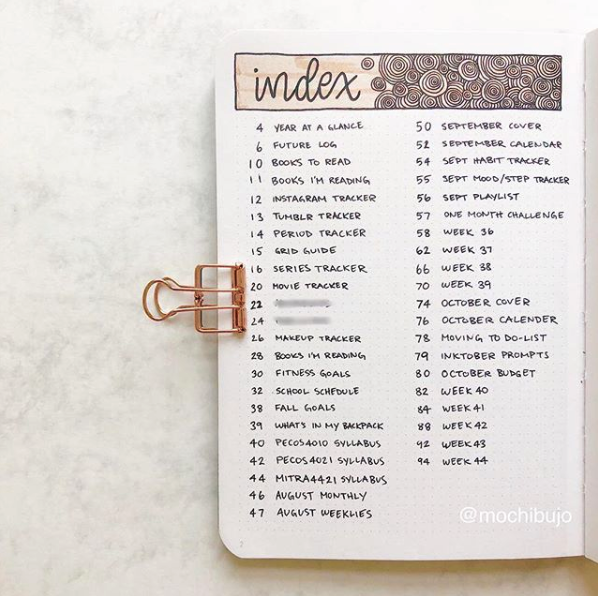
9. And opt for layouts that don’t require extensive boxes/planning.
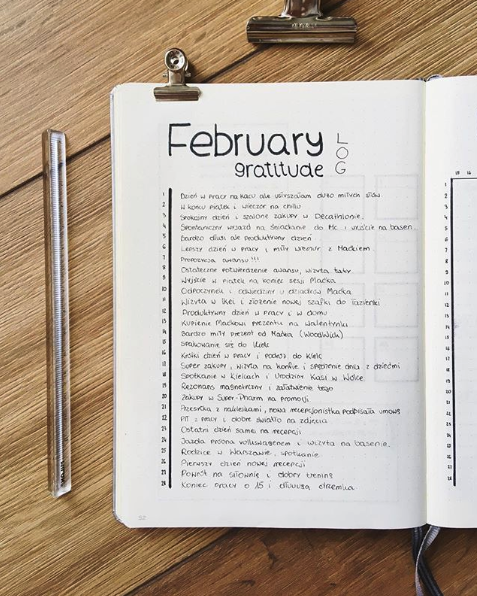
10. Don't panic if you find yourself with an odd page that you don’t know what to do with between a one-page spread and a two-page spread!
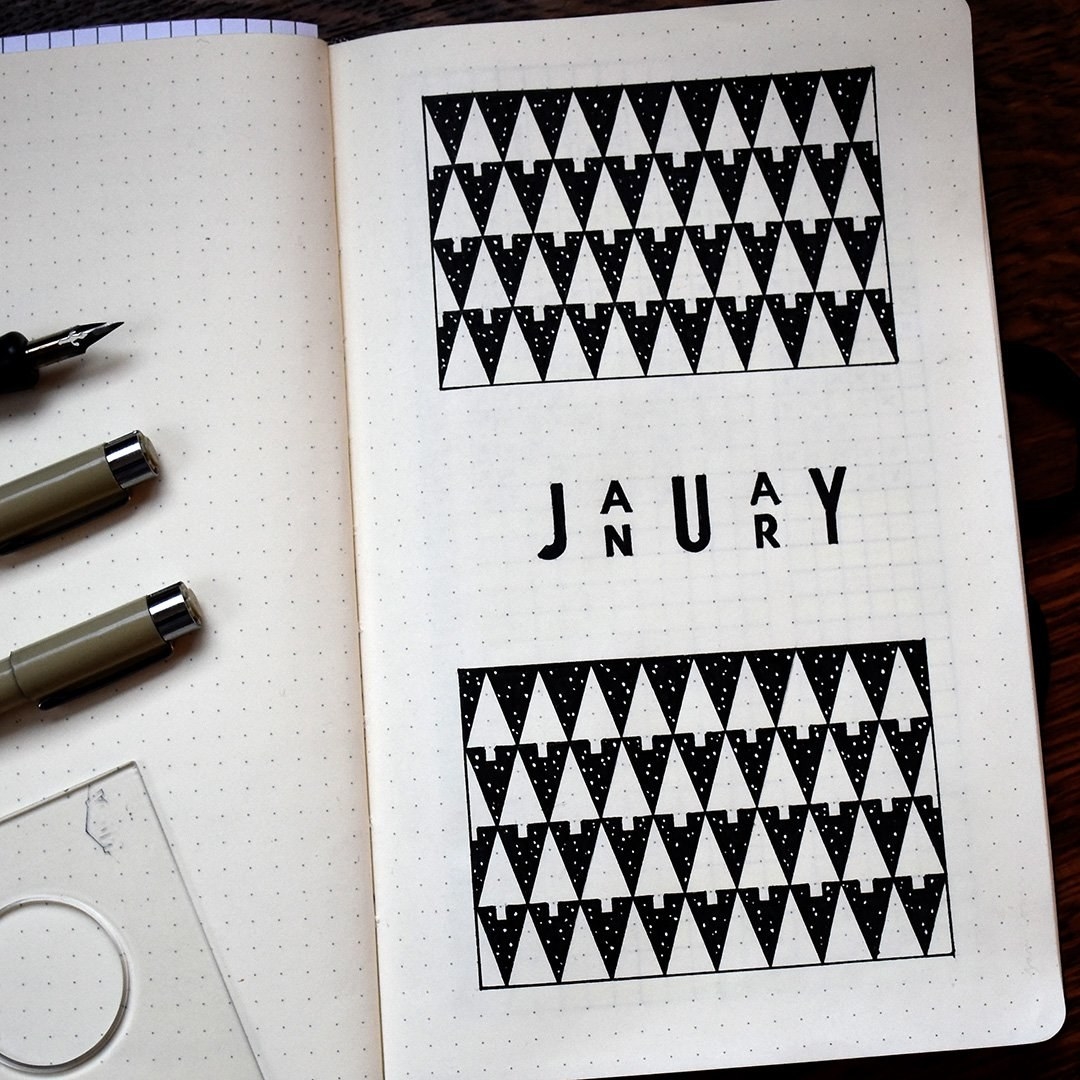
11. And get a whiteout pen or whiteout tape, so you’re not as stressed about making mistakes.
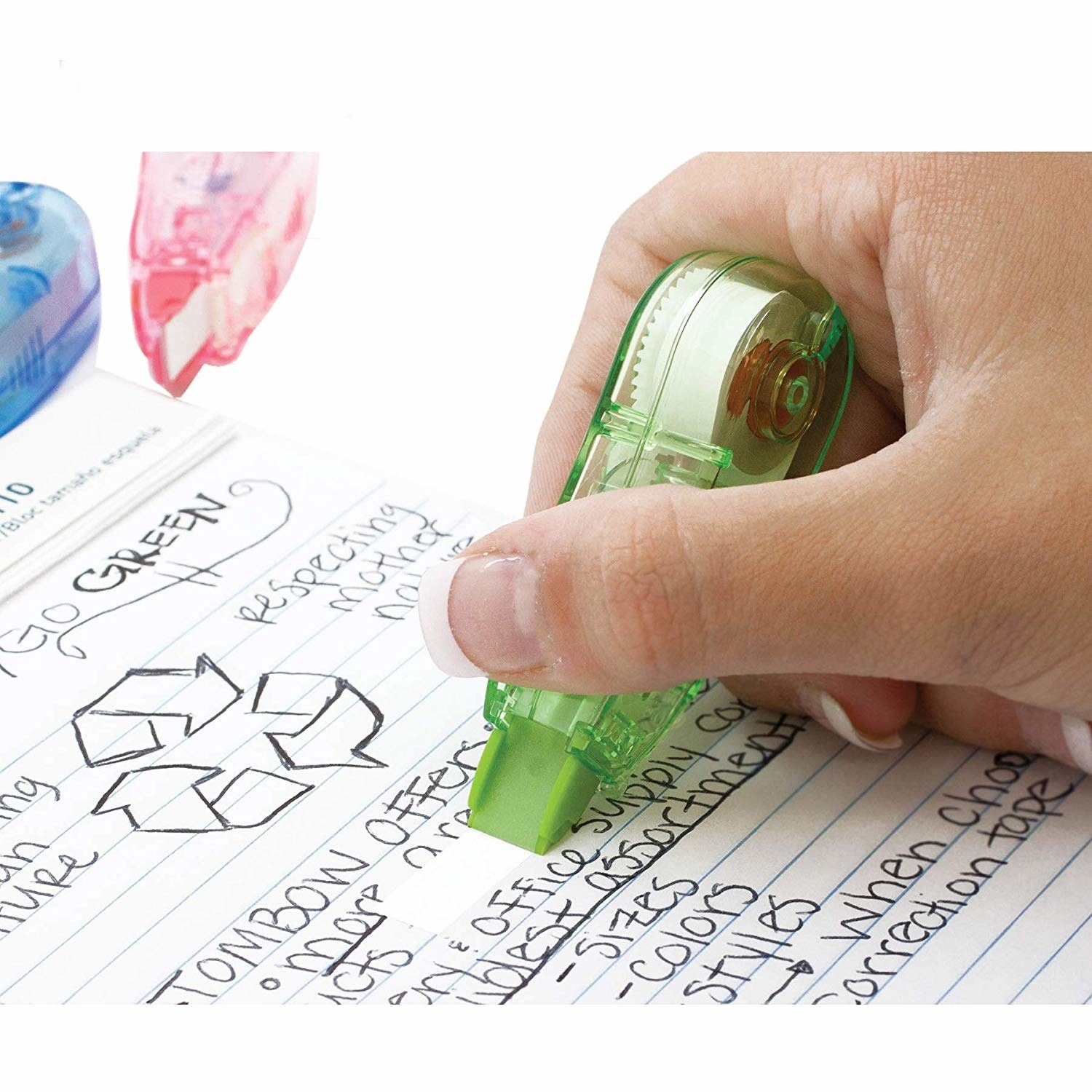
12. But also, invest in a cute lil' ruler.
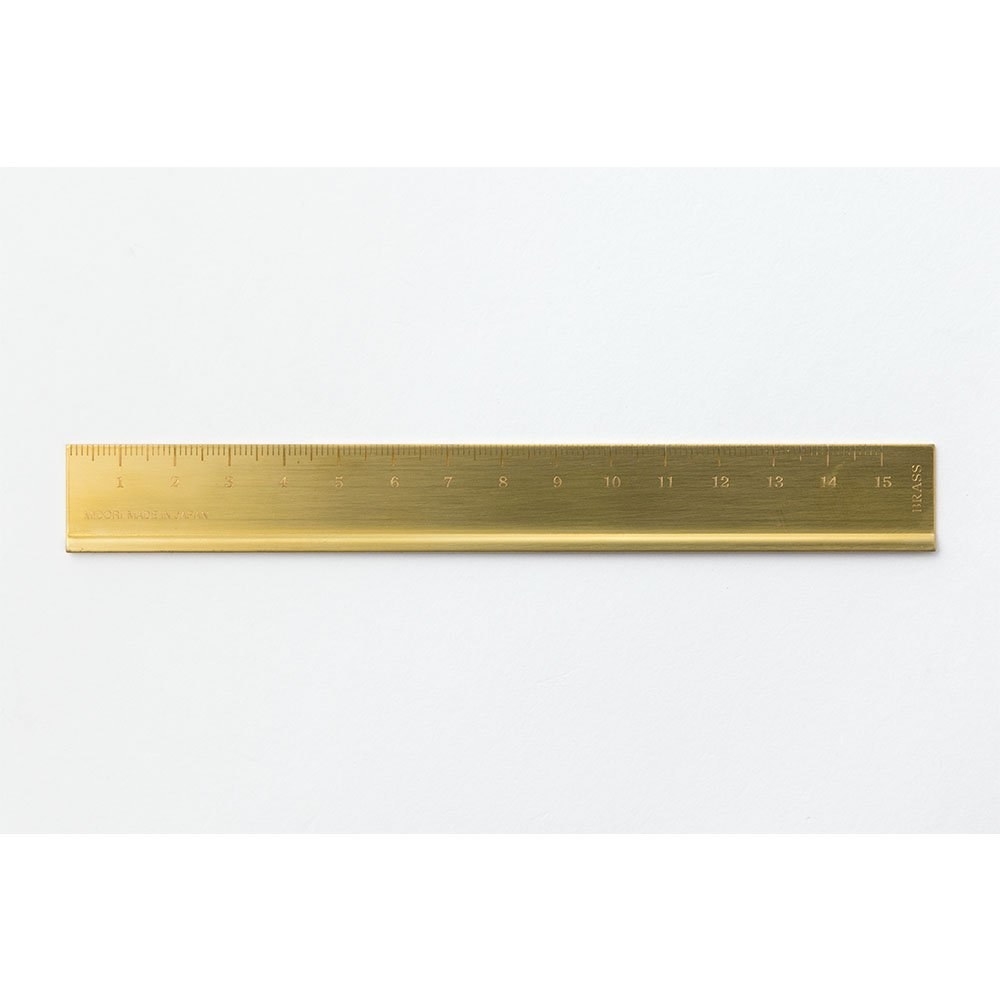
13. Use Instagram collections to easily save layouts you like.
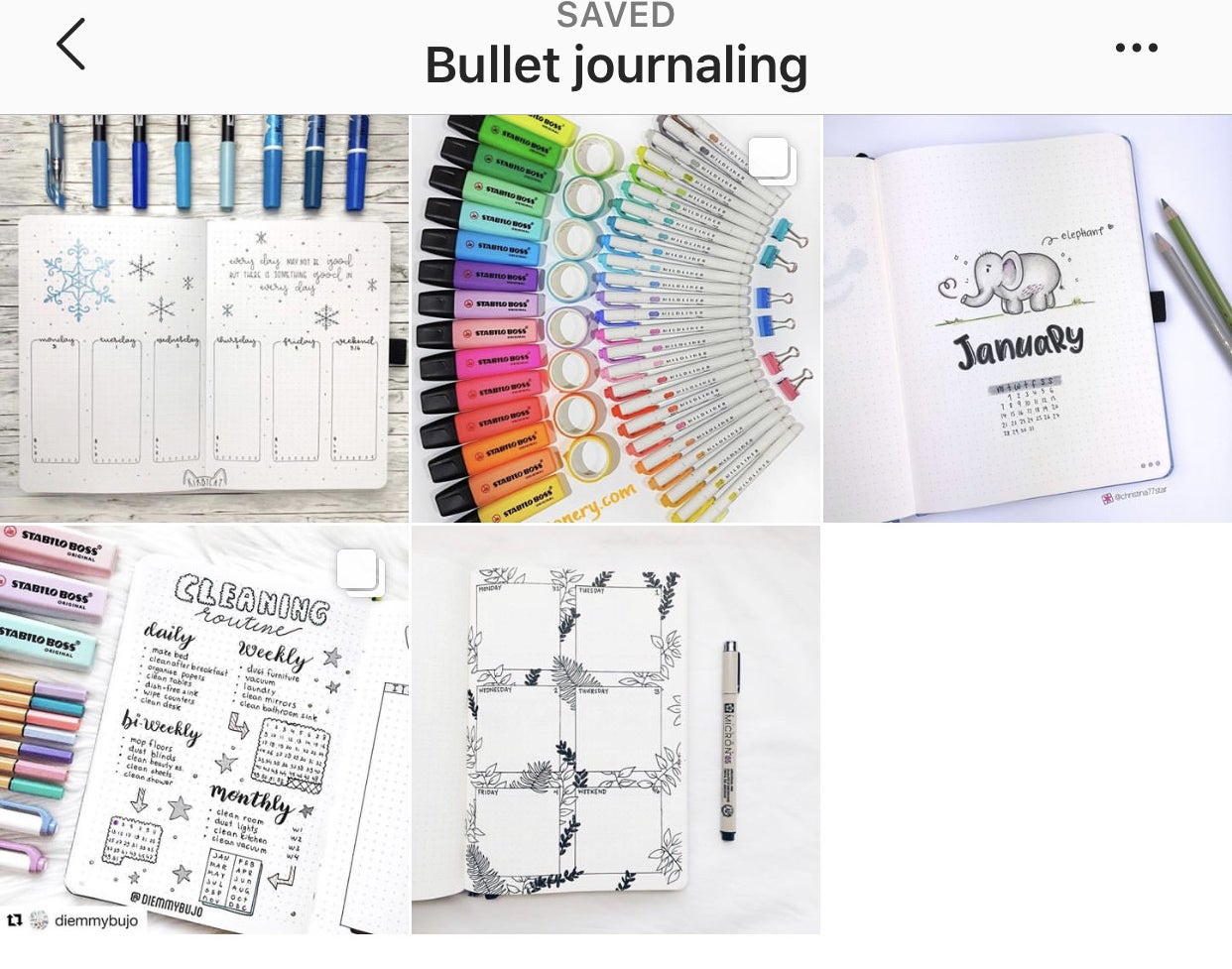
14. Read up on what all of the little jargon and symbols mean, the different spreads you can make, and all of the other basics.
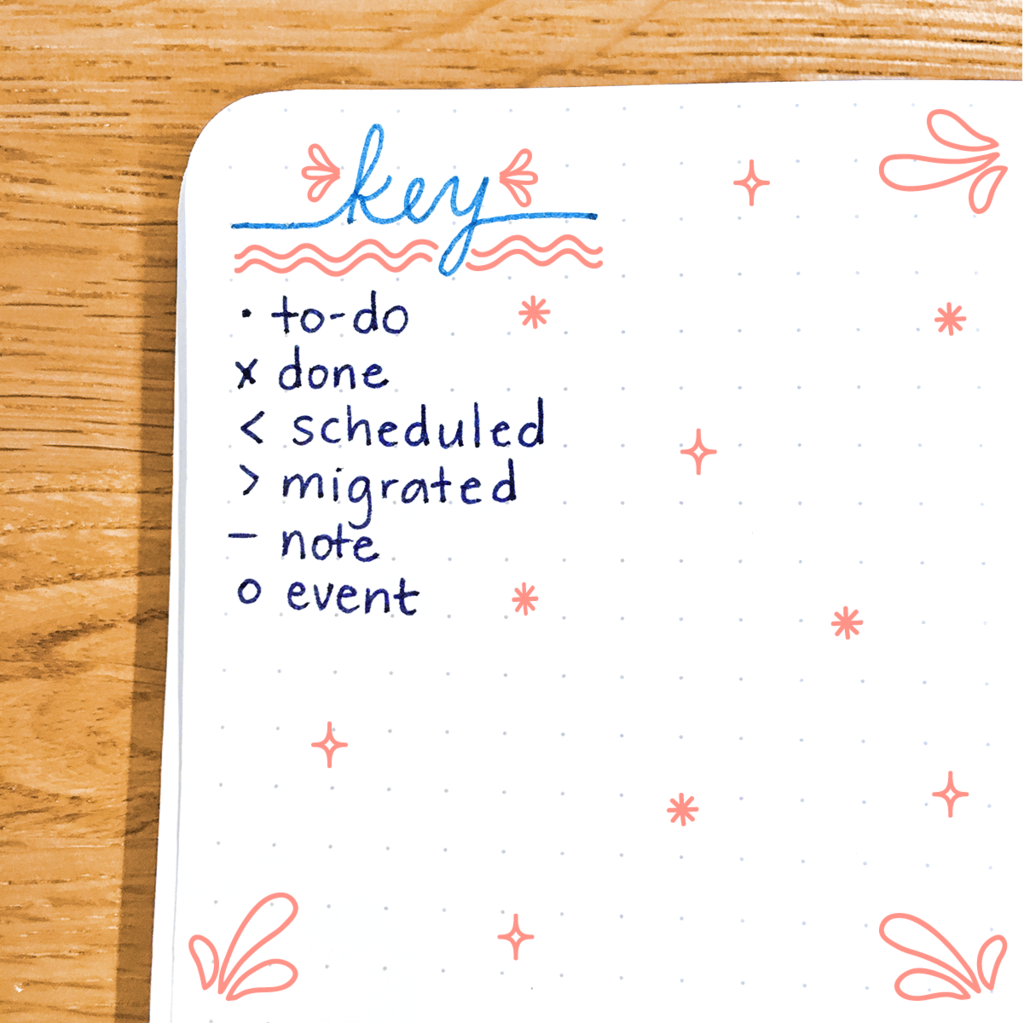
15. Don’t worry if your journal is just a to-do list or daily planner — only add what you think will be helpful to your life.
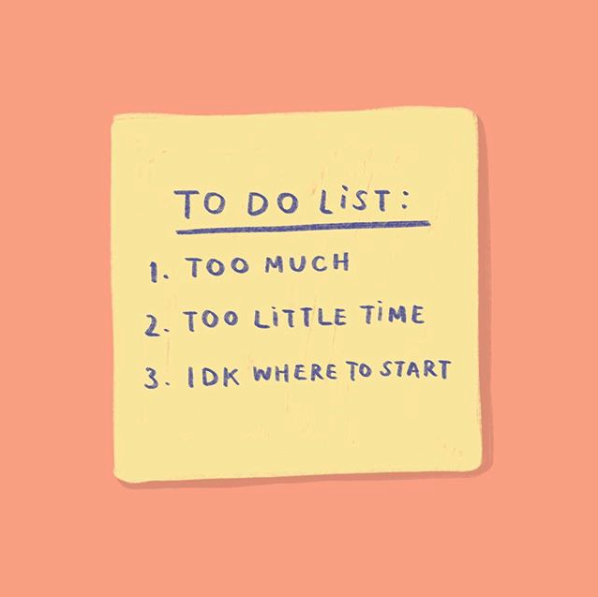
16. And remember that it's OK to stop and start when you need to.
